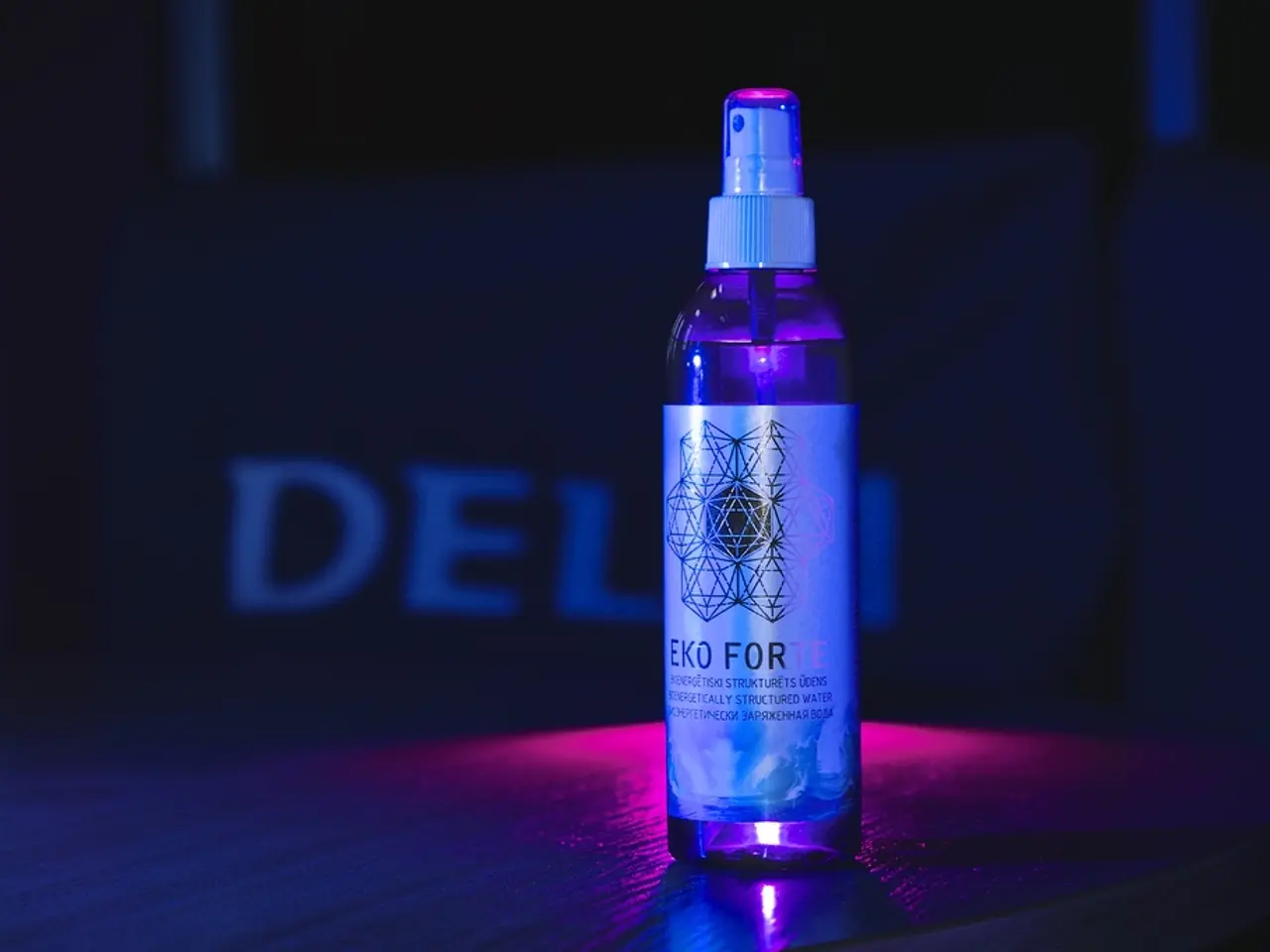Singulair Exploration: Its Function, Uses, and Potential Side Effects
Singulair, a prescription medication, is commonly used to prevent exercise-induced bronchospasm in adults and children aged 6 years and older, as well as to manage chronic asthma and various allergy symptoms. However, it's crucial to be aware of potential drug interactions and side effects when using Singulair.
Singulair works by gradually reducing the risk of asthma flare-ups by blocking the action of leukotrienes. It is available in three forms: chewable tablets, granules, and regular tablets, with different dosages depending on the individual's age and the type of inflammation or asthma they have. For chronic asthma, Singulair is typically taken in the evening at dosages of 10 mg for those 15 years and older, 5 mg for those 6-14 years, and 4 mg for those 12 months to 5 years.
While Singulair has limited potential drug interactions, some combinations should be approached with caution. For instance, Singulair may have a severe interaction with primidone, an anticonvulsant drug, so this combination should be avoided or used only under strict medical supervision. Concurrent use with alcohol or other antidepressants should also be avoided to reduce the risk of mood changes and mental side effects such as anxiety or depression.
Although no direct interaction with hydroxyzine, an antihistamine, is reported, drugs causing central nervous system (CNS) depression, like hydroxyzine, can have additive sedative effects when taken with other CNS depressants. Montelukast itself is not a CNS depressant, but caution is advised when combining medications that affect mood or alertness.
No significant drug-food interactions specifically with Singulair have been documented, but avoiding known allergens or irritants is advised for asthma and allergy control. It's important to note that Singulair contains a component of aspartame called phenylalanine, which some people may be allergic to.
Children under 12 months should not take Singulair for exercise-induced asthma. The FDA has strengthened its warning about Singulair's adverse effects, particularly difficulties with psychological health, especially in young people. It's essential to report any worsening asthma symptoms to a doctor.
If Singulair triggers an allergic reaction, seek immediate medical assistance. Always consult your healthcare provider before combining Singulair with other drugs, as Singulair is generally safe to take with most medications but interactions can occur. The recommended dosage for Singulair varies based on the individual's condition and age.
Singulair can help relieve symptoms of allergic rhinitis, such as sneezing, stuffy and runny noses, and nasal itching. It can also provide relief for seasonal, indoor, and outdoor allergies, as well as allergic rhinitis. Singulair tablets begin to work within 1 hour of the person taking their dose.
In summary, while Singulair is an effective medication for managing asthma and allergies, it's essential to be aware of potential drug interactions and side effects. Always consult your healthcare provider before starting or changing any medication regimen.
- Singulair, a prescription medication, is used to prevent exercise-induced bronchospasm and manage chronic asthma, as well as various allergy symptoms.
- For adults and children aged 6 years and over, Singulair is available in three forms: chewable tablets, granules, and regular tablets, each with different dosages.
- In the case of chronic asthma, Singulair is typically taken in the evening at dosages of 10 mg for those 15 years and older, 5 mg for those 6-14 years, and 4 mg for those 12 months to 5 years.
- Some drug interactions with Singulair should be approached with caution, such as the severe interaction with primidone, an anticonvulsant drug.
- Concurrent use with alcohol or other antidepressants may lead to mood changes and mental side effects like anxiety or depression, so such combinations should be avoided.
- Singulair contains a component of aspartame called phenylalanine, which may cause allergic reactions in some people.
- Children under 12 months should not take Singulair for exercise-induced asthma, as the FDA has strengthened its warning about Singulair's adverse effects on psychological health, particularly in young people.
- Singulair can provide relief for symptoms of allergic rhinitis, such as sneezing, stuffy and runny noses, and nasal itching, as well as seasonal, indoor, and outdoor allergies.




